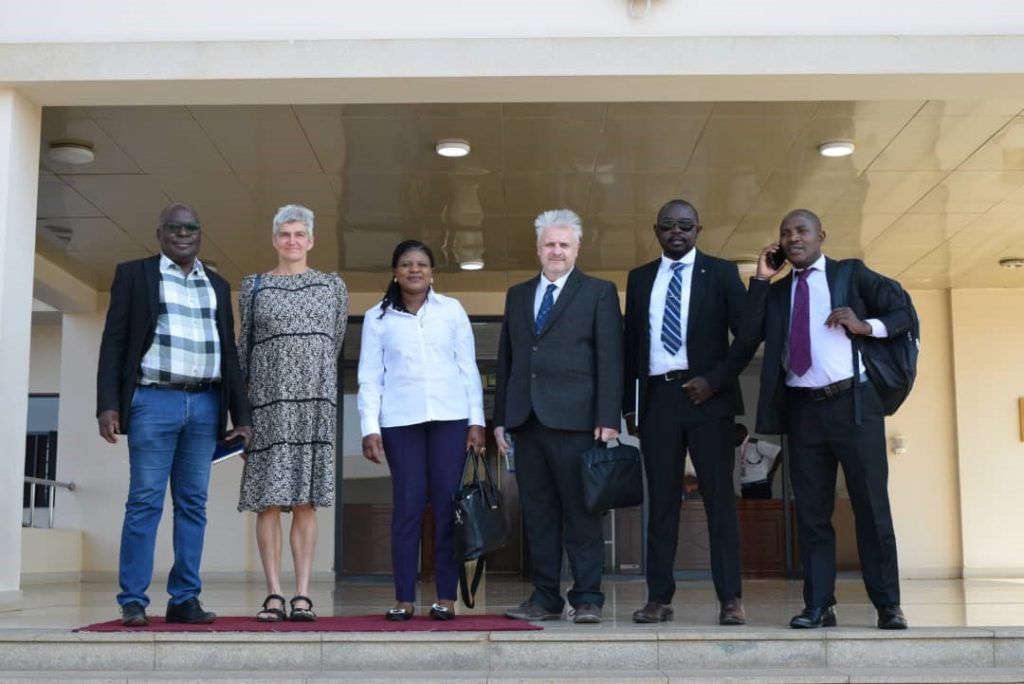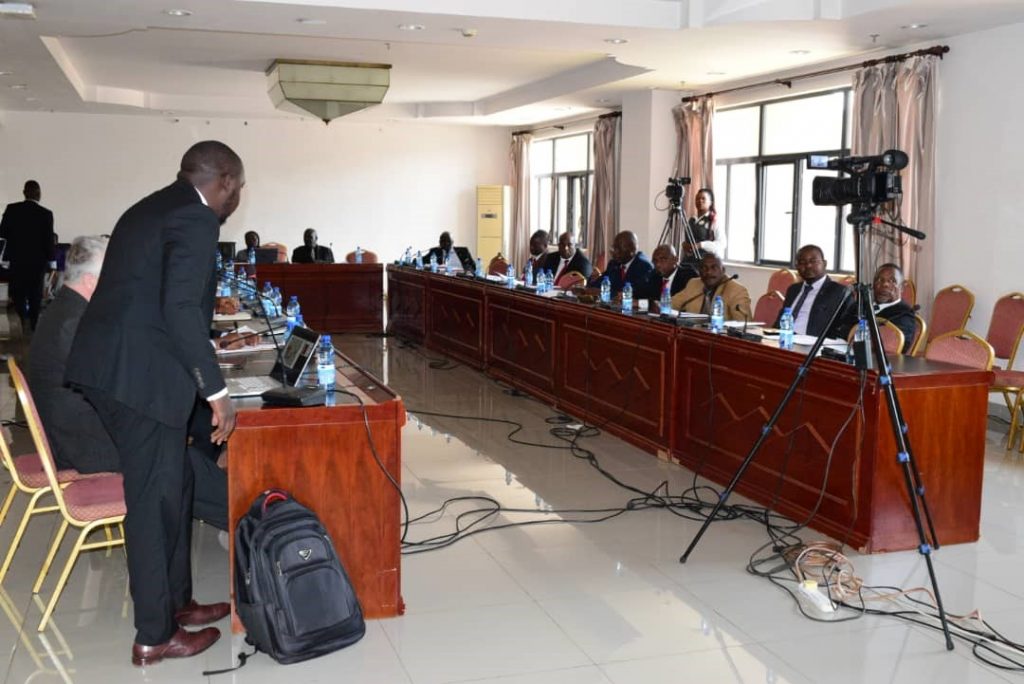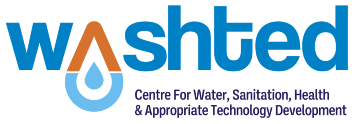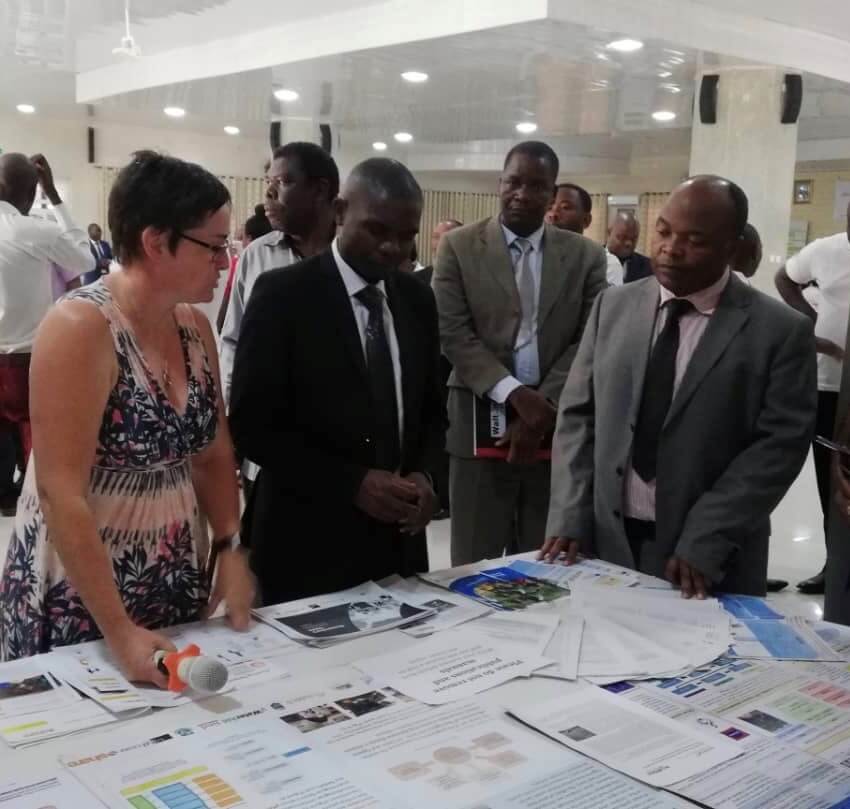
After a successful two-year data collection process for two of its work packages (WP1 and WP2),
representatives from the SPACES project presented key findings to stakeholders, including the World
Bank and the Parliamentary Committee on Natural Resources and Climate Change, on October 8th and
9th.
On October 8th, the SPACES team—comprising members from WASHTED, University of Malawi, Malawi
Liverpool Wellcome Programme, University of Stirling, and Durham University—met with the World
Bank’s Water and Sanitation Specialist overseeing the sector in Malawi. The meeting focused on sharing
findings from WP1, which emphasizes the social and economic role of plastics in daily life, and WP2,
which sheds light on the public health risks and environmental consequences of plastic pollution in
Malawi’s urban areas. The World Bank, having shown interest in the study’s outcomes during data
collection, highlighted the relevance of these insights, particularly in shaping their ongoing waste
management efforts in Blantyre. The discussion was fruitful, with actionable recommendations
identified for potential inclusion in the World Bank’s waste management strategies for the city.

On the following day, the SPACES team held another pivotal meeting, this time with the Parliamentary
Committee on Natural Resources and Climate Change. This committee plays a key role in law-making
and oversight of natural resource management and climate change issues. Also present were the
Principal Secretary for the Ministry of Natural Resources and Climate Change and representatives from
the Environmental Affairs Department (EAD).
During the meeting, the SPACES team shared their key findings, particularly focusing on the role of
plastics in harboring disease-causing pathogens such as Cholera, antibiotic-resistant E.coli and
Salmonella. The discussion also explored context-specific interventions, policies, and regulations that
could effectively mitigate the health risks posed by plastic waste. A comprehensive report, including key
recommendations, was submitted to the committee members, the EAD, and the Principal Secretary for natural resources and climate change.
The session was broadcast live on the Parliament of Malawi’s Facebook page (Link 1 – Link 2), enabling wider public engagement. The meeting concluded with a collective commitment to ongoing discussions and collaborations aimed at strengthening policy frameworks and ensuring the effective implementation of measures to reduce the health and environmental risks associated with plastic waste.



